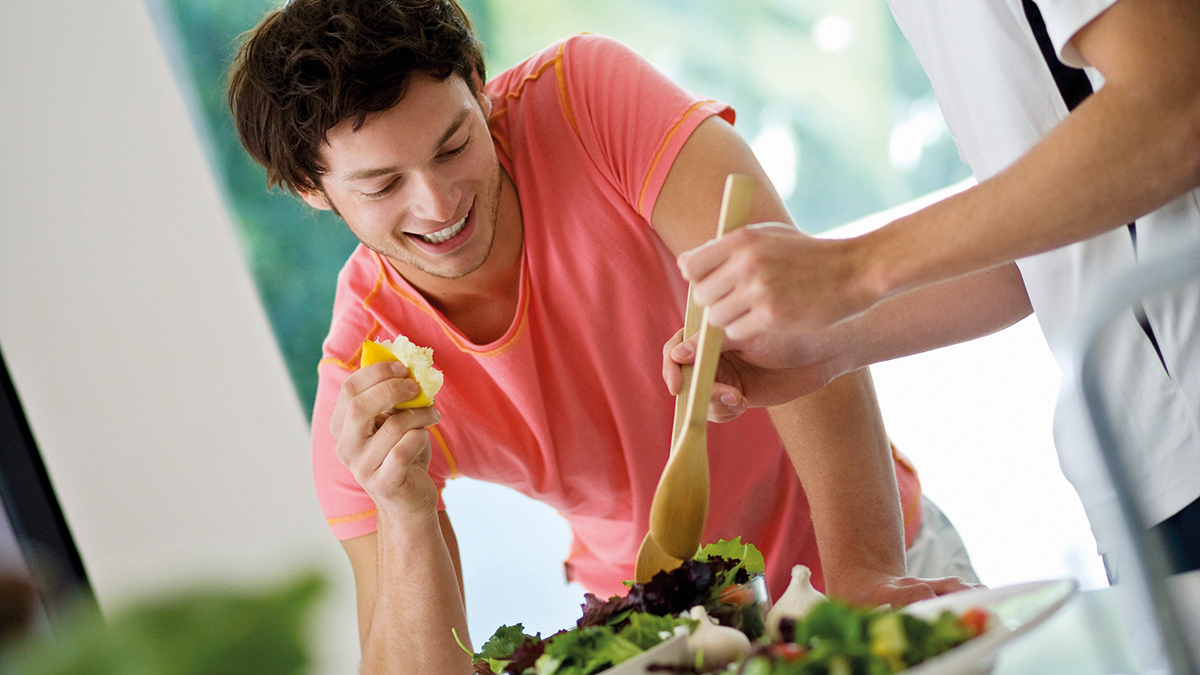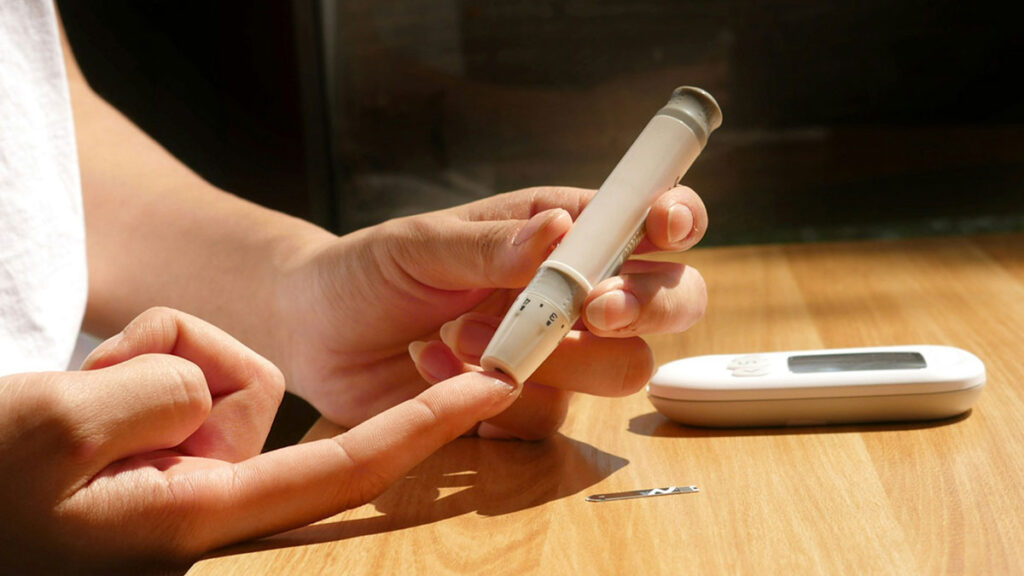Plant-based diets have long been linked to health and longevity, and it’s widely agreed that plant foods are packed full of vitamins, minerals, fibre, antioxidants and beneficial phytonutrients. But it may surprise you to learn they are a great source of iron too.
When we think of iron we often think of red meat, but the truth is that most of the iron found in an average diet actually comes from plants. Iron plays a role in transporting oxygen around the body, producing energy and supporting immune function. Iron deficiency can result in fatigue and an increased risk of infection, with women of childbearing age and those who are pregnant having the highest iron requirements at 18mg and 27mg per day, respectively. By comparison men and older women need just 8mg.
There are two main types of iron found in foods: haem iron is found in meat and non-haem iron in plant foods. Non-haem iron is not as readily absorbed as haem iron, but research has shown that vegetarians who consume a varied and well-balanced diet containing iron-rich plant foods are not at any greater risk of iron deficiency than non-vegetarians.
To help your body absorb non-haem iron more efficiently try these simple tips:
Vitamin C
Include a good source of vitamin C with your plant-based sources of iron. Think foods such as oranges, mandarins, kiwi fruit, tomatoes and capsicums.
Avoid tea, coffee and cola drinks, particularly with meals
These drinks contain compounds that can bind to iron and prevent it from being absorbed efficiently.
So eat a wide range of plant foods throughout the day with an iron-rich option at each meal to get the most out of your plant-based diet.
Good sources of iron
Legumes. Lentils, tofu, tempeh, baked beans and soy beans are all great options, ranging from 1.8mg-3.8mg of iron per serve.
Breads and cereals. Iron-fortified breads and cereals can contain 1.2mg-4.2mg of iron per serve. Quinoa, rolled oats and brown rice contain 2.8mg, 1.3mg and 1.0mg per cup, respectively.
Nuts. Cashew nuts contain 2.6mg in a serve of about 25 nuts, while almonds have about 1.1mg.
Fruit and vegetables. Dried apricots are a good source, with about 1.6mg per 50g. Broccoli also contains 1.0mg per half cup.







